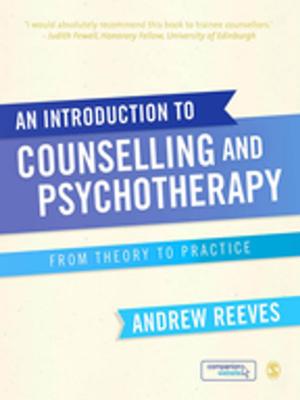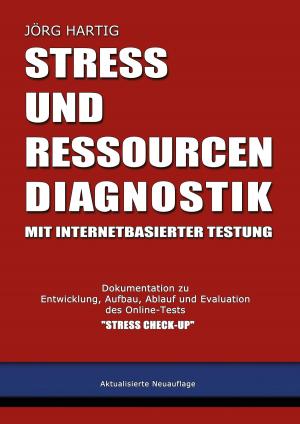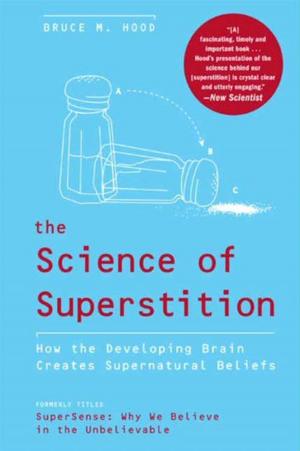| Author: | Jean Pierre Wilken, Dirk den Hollander | ISBN: | 9789088504570 |
| Publisher: | SWP, Uitgeverij B.V. | Publication: | July 16, 2013 |
| Imprint: | Language: | Dutch |
| Author: | Jean Pierre Wilken, Dirk den Hollander |
| ISBN: | 9789088504570 |
| Publisher: | SWP, Uitgeverij B.V. |
| Publication: | July 16, 2013 |
| Imprint: | |
| Language: | Dutch |
In the past decades two major developments have occurred in the field of mental health. For a long time the diagnosis of a severe psychiatric disorder, like schizophrenia, included the devastating message of a bad prognosis and a disabled life, becoming dependant on the help of others. Studies on the course of serious mental illness however reveal that many people recover completely or to a large extent. On the basis of the outcomes of recovery studies a number of factors emerge: motivation, competences, taking on meaningful roles and activities, and external support factors. In this process the own strengths of the person are crucial. These strengths can be nourished by developing a new personal perspective, enhancing self-confidence and receiving support from others. Peers, relatives and professionals can play an important role. Modern ways of treatment and psychosocial rehabilitation can contribute to the recovery process. In this book the principles and methods of a comprehensive rehabilitation approach are described. This approach, also known as CARe, has been developed by the authors over the past 15 years. It is widely used in the Netherlands and Belgium as well as in a number of other European countries. CARe combines building a partnership with providing different forms of support to the person and his environment.
In the past decades two major developments have occurred in the field of mental health. For a long time the diagnosis of a severe psychiatric disorder, like schizophrenia, included the devastating message of a bad prognosis and a disabled life, becoming dependant on the help of others. Studies on the course of serious mental illness however reveal that many people recover completely or to a large extent. On the basis of the outcomes of recovery studies a number of factors emerge: motivation, competences, taking on meaningful roles and activities, and external support factors. In this process the own strengths of the person are crucial. These strengths can be nourished by developing a new personal perspective, enhancing self-confidence and receiving support from others. Peers, relatives and professionals can play an important role. Modern ways of treatment and psychosocial rehabilitation can contribute to the recovery process. In this book the principles and methods of a comprehensive rehabilitation approach are described. This approach, also known as CARe, has been developed by the authors over the past 15 years. It is widely used in the Netherlands and Belgium as well as in a number of other European countries. CARe combines building a partnership with providing different forms of support to the person and his environment.















